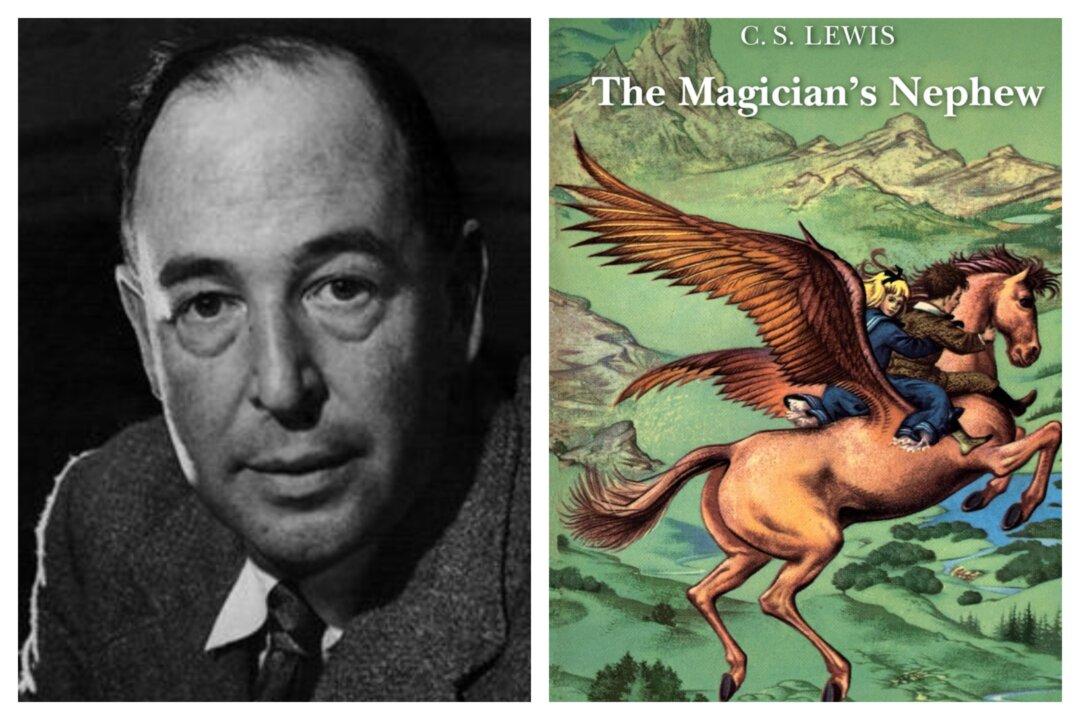A prominent theme in the work of British writer and scholar C.S. Lewis is a warning about science, magic, and the attempt to gain power over nature. While Lewis certainly wasn’t anti-science, he understood that the good uses of science could be easily corrupted when scientific discovery and technological development are stimulated purely by the pursuit of power. According to Lewis, seeking power over nature—from trying to control the weather to trying to control human nature itself—contradicts a spirit of wonder, gratitude, and admiration. It also tends to make other human beings and nature itself accessories, making us lose sight of their inherent value.
Lewis most clearly articulated this warning in his nonfiction book “The Abolition of Man,” adapted from a series of lectures he delivered at King’s College, Newcastle in 1943. The book begins with a critique of the then-newly published textbooks that promoted relativism and undercut a belief in objective truth. It goes on to challenge modern attempts to dispense with natural law and manipulate nature to humanity’s own ends—which often means, in practice, that some people use applied science as a way to gain control over other people.






